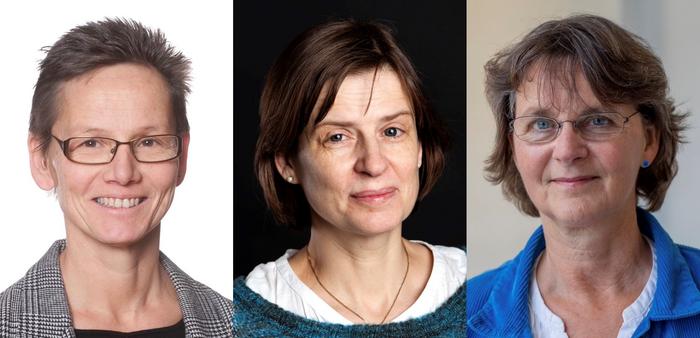Middle-aged women who experience work-related stress have a significantly increased risk of future sick leave, a University of Gothenburg study shows. Lack of influence and conflicts at work are clear stress factors.
Middle-aged women who experience work-related stress have a significantly increased risk of future sick leave, a University of Gothenburg study shows. Lack of influence and conflicts at work are clear stress factors.
The aim of the current study, published in the Scandinavian Journal of Primary Health Care, was to investigate whether work-related mental stress can be linked to sick leave among middle-aged women in the labor market.
The data used in the study consists of information about 573 women of two different ages, 38 and 50, taken from the comprehensive Population Study of Women in Gothenburg, PSWG, at the University of Gothenburg. This was combined with register data on the women’s sick leave from the Swedish Social Insurance Agency.
Job conflicts are a significant risk factor
When the study began, the majority of the participants (504 women) were employed and in work. Three out of four experienced work-related or general mental stress, or both. During the following year, 16% had at least one instance of sick leave lasting for two weeks or more, and the sick leave patterns were clear.
Of 21 specific work-related problems, job conflicts and a lack of influence over decisions at work were most clearly associated with sick leave. In terms of job conflicts, this applied whether or not the women themselves were involved.
Women who had reported job conflicts were more than twice as likely (a factor of 2.31) to take sick leave during the follow-up year. After adjusting for general stress, previous sick leave, age, sleep quality, wellbeing, and physical activity, the risk remained twice as high (a factor of 1.98). A lack of empowerment was also accompanied by a significantly greater risk of sick leave (a factor of 1.71 after adjustments).
The importance of a better work environment
One of the main authors in the study is Kirsten Mehlig, Associate Professor of Epidemiology and Senior Lecturer in Health Science Statistics at Sahlgrenska Academy at the University of Gothenburg.
“Little scope for decision-making and conflicts in the work environment can predict sick leave, independent of general mental stress and previous periods of sick leave,” she explains. “Improving the work environment is therefore important in order to reduce sick leave among women in the labor market.”
The research team behind the study was led by Dominique Hange, Associate Professor and Senior Lecturer in General Medicine, and general practitioner at Närhälsan’s Tidan primary care center in Skövde.
“Regardless of women’s own involvement, the effects of conflicts at work may also suggest a specific vulnerability among women that may be interesting to address in the future,” she notes.
Journal
DOI
10.1080/02813432.2024.2380925
Method of Research
Observational study
Subject of Research
People
Article Title
Exploring the impact of mental and work-related stress on sick leave among middle-aged women: observations from the population study of women in Gothenburg, Sweden
Article Publication Date
29-Jul-2024





